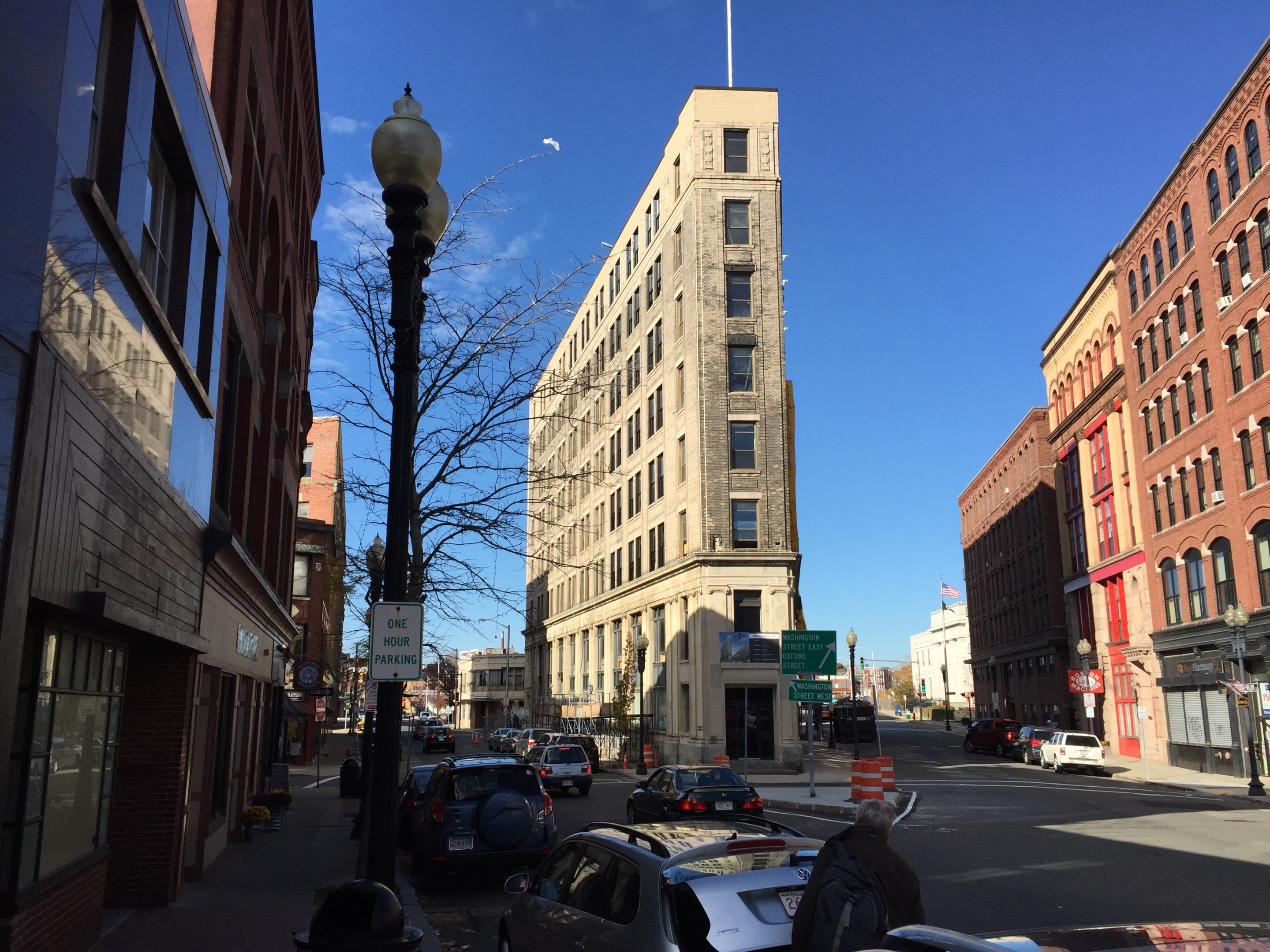Though it's just a 20-minute bike ride from the end of the Blue Line, catching an MBTA commuter train from downtown Lynn has traditionally cost nearly three times more than a subway ticket.
That will change for a 2-month pilot this summer, when one-way fares from Lynn to North Station will be reduced to $2.40 – the same price as the subway – in an effort to shift more riders to the commuter rail network in order to ease crowding on nearby bus routes and the Blue Line as the Commonwealth reopens in the wake of the COVID-19 pandemic.
Lynn, which lies about 9 miles northeast of downtown Boston and has a majority non-white population, has traditionally been in the "Zone 2" fare region for the commuter rail network, where a one-way ticket costs $7.
The significant price differential between Lynn's commuter rail stop and the subway, which is just a 30-minute bus ride away, encourages many potential riders bound for downtown Boston to avoid the city's downtown train station and ride or drive to the end of the Blue Line at Wonderland instead.
Lynn's commuter rail stop saw fewer than 400 daily boardings in the MBTA's 2018 passenger count surveys. Two stops to the north, the commuter rail stop in neighboring Salem – a city with less than half of Lynn's population – sees over 2,000 daily boardings.
"I’ve been in Lynn 64 years, and I've probably used commuter rail a dozen times in my entire lifetime," said Lynn Mayor Tom McGee in a phone interview last week. "I drive to Wonderland and there’s a train every 5 minutes, and it still costs me less, even after paying for parking."
The T had already experimented with lower fares from Lynn for one week at the end of May, as part of an effort to move more riders off the Blue Line while the T closed its downtown segment for track work. It's unclear whether that brief fare reduction, which was enacted on short notice and with little fanfare, had any impact on ridership from Lynn.
The fare change could be a small first step towards the T's longer-term ambitions to build an electrified "regional rail" service through Lynn. Last November, the MBTA's governing board voted for the commuter rail system “to be more similar to rapid transit,” with trains that run every 15 to 20 minutes all day on its most dense corridors.
The board also called for the Newbury-Rockport line through Lynn – along with the Fairmount Line in Boston and the already-electrified Providence Line – to be part of the first phase of work.
McGee notes that plans to extend the Blue Line into Lynn have been circulating for over half a century. Upgrading the existing commuter rail line could deliver similar benefits.
"Having subway-style service was always in the plans," said McGee. "Lynn is closer to Boston than Braintree, so you need something that comes quickly, on a subway-style frequency, and is affordable. Regional rail can create that kind of opportunity... I want to thank (MBTA General Manager) Steve Poftak for trying this, and we’re advocating for this to be a full-time fare change. A boost in riders this summer will help make the case for this to be a permanent fare for the City of Lynn.”

